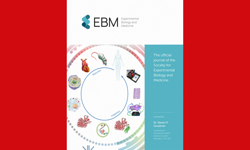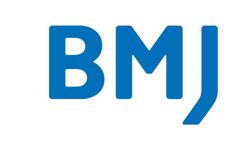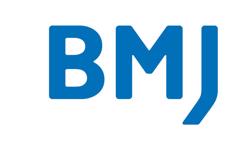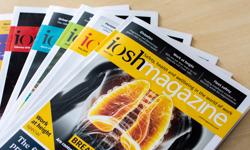
Animal Welfare says it supports UFAW’s mission to ‘discover what matters to animals, develop scientific solutions to animal-welfare problems and disseminate evidence-based animal welfare information’.
Already a hybrid journal – publishing both open access and subscription-only articles – its move to Cambridge in January 2023 will see it become fully open access to better further that mission, says the publisher.
The journal publishes peer-reviewed scientific research, technical studies and reviews relating to the welfare of kept animals (for example on farms, in laboratories, zoos and as companions) and of those in the wild whose welfare is compromised by human activities. The journal’s scope includes papers on related ethical and legal issues, as well as commentaries on topical issues and reviews of animal welfare books.
In a statement, editors-in-chief Huw Golledge and Birte Nielsen, said: “We are delighted to transition Animal Welfare to a full open-access, online publication. To ensure the information we publish is translated into real-world animal welfare improvements it is essential that it is available to all those who can make use of it. Thanks to our partnership with Cambridge, which shares our commitment to open-access publication, Animal Welfare will now be accessible to everyone.
“At UFAW we also want to make sure that everyone can publish their research in Animal Welfare, regardless of funding availability. For those authors who don’t have funding for Article Processing Charges (APCs) or who are not covered by one of Cambridge’s Transformative Agreements (sometimes known as read and publish deals), the journal will now be able to offer discretionary waivers of the APC as well as full or partial geographic waivers to authors based in a lower income country which is on the Research4Life list”.
Katie Henderson, publisher for Cambridge University Press, said: “We are so pleased to be partnering with UFAW to publish Animal Welfare. As two non-profit organisations aligned by a common mission to disseminate the very best research to the global community, we’re excited to work together to transition the journal to a sustainable, fully gold open access model that serves the unique needs of the research community. We look forward to working with the Animal Welfare team to ensure the research published in the journal is accessible to all, regardless of location or affiliation.”










